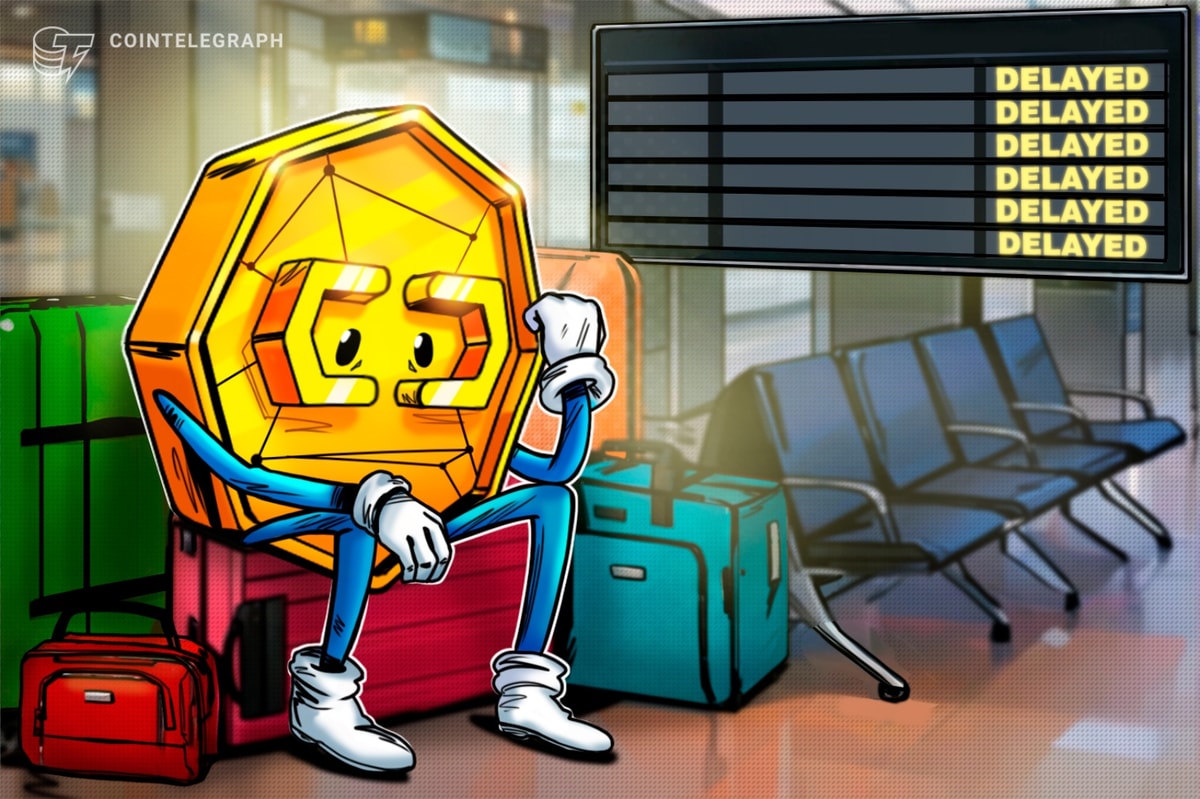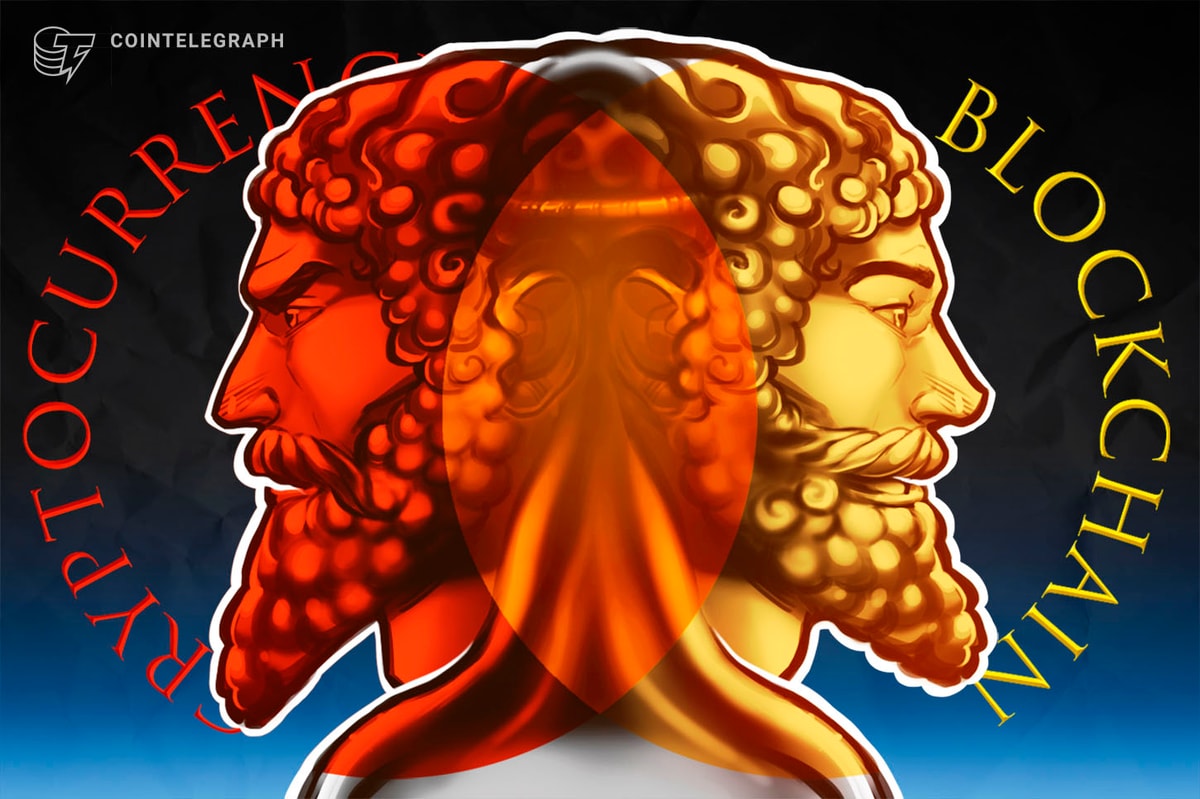
There are plenty of people who believe they can predict the future of Bitcoin, but no one can really say for sure what will happen over the next five to 10 years. Some say that bitcoin will become the new reserve currency of the world, while others say issues involving scalability or regulation will eventually get in the way. Although no one can know what will happen, it’s still useful to analyze where Bitcoin has been, where it is right now, and where it may go in the future.
Dave Hudson, who is vice president of software architecture at Peernova and previously worked at Qualcomm, was recently interviewed on the Epicenter Bitcoinpodcast, where he was asked about his thoughts on the future of mining by co-hosts Brian Fabian Crain and Sébastien Couture. Hudson runs one of the most popular Bitcoin mining blogs at hashingit.com.
Mining is Going to Burn a Lot of Energy
Although it’s unclear if the environmental costs associated with Bitcoin mining are something that could threaten the longevity of the network, it’s clear that Hudson takes issue with the amount of energy that is spent on hashing power. These sorts of environmental concerns have inspired researchers to seek out alternatives toproof-of-work, such as proof-of-stake, but it appears that Hudson does not think anybody has found the proper solution. He noted:
“Mining, intrinsically, is something that’s going to burn a lot of energy, so it has some implications because of that. I don’t know of anybody who’s yet come up with a good proposal of how you avoid that as a problem . . . Trying to find solutions to that would be extraordinarily useful.”
Decentralizing Actual Hashing Power is Not the Issue
The centralization of mining power is what many Bitcoin critics point to as the network’s biggest weakness, and the reality is that it’s extremely difficult to tell exactly how centralized mining has become over the years. While it’s easy to find a breakdown of the overall network hashrate in terms of mining pools, figuring out which entities are behind the actual hashing power is much more difficult. Dave Hudson shared his thoughts on hashing power decentralization during theEpicenter Bitcoin interview:
“If you want a network that is largely based on no centralized point of trust within it, there has to be some work done in terms of decentralizing the mining itself. Not actually the hashing — the hashing is actually the least interesting part of the decentralization … The worry right now is it’s very easy for one miner to gain a very, very large share of the total hashrate, and it’d be very difficult for anyone to necessarily know that was happening.”
Mining Pools Need to Become Decentralized
In Hudson’s eyes, it’s clear that the mining pools are the aspect of the mining process that needs to be decentralized:
“There has to be a big push towards decentralizing transaction selection and transaction processing. So this is really down to how the mining pools work, for example. We really need to get to a stage where there are no large mining pools, and that may not be something that is possible within the current Bitcoin network. It may be possible — certainly it’s possible with a hard fork, but I think hard forks themselves are problematic. If you could have a thousand pools, each of which control 0.1 percent of the network and could be demonstrably not actually colluding in some respect, you have a much better decentralized network.”
One of the main reasons it is imperative that mining pools remain as decentralized as possible is that they become an easy attack vector when they control too much of the network hashrate. Mining pools are able to censor transactions, which means they can also be coerced by governments into censoring certain types of transactions.
The point of Bitcoin is supposed to be censorship resistance, and the network begins to lose its core value proposition when the total number of mining pools are limited. In a situation where there are only a handful of mining pools controlling the vast majority of hashing power, it becomes more difficult to see the difference between Bitcoin and PayPal.
Photo BalticServers.com / Wikimedia










